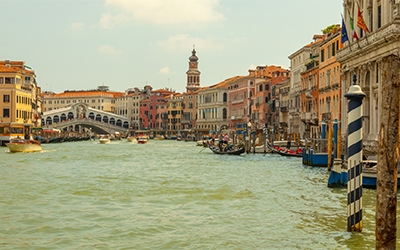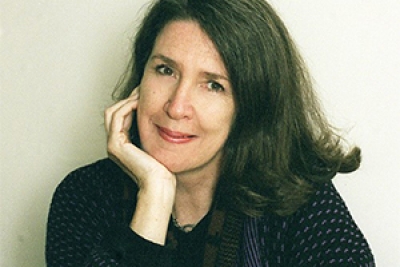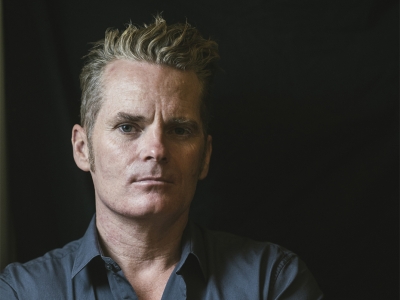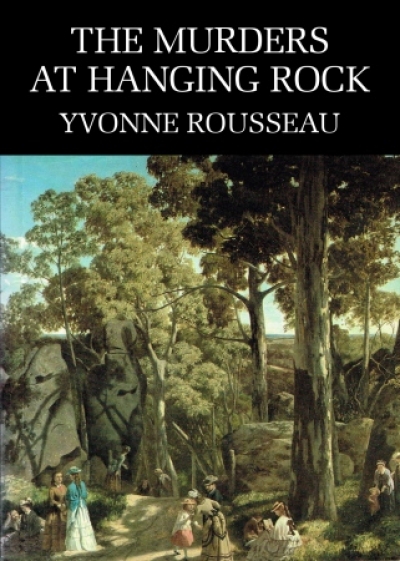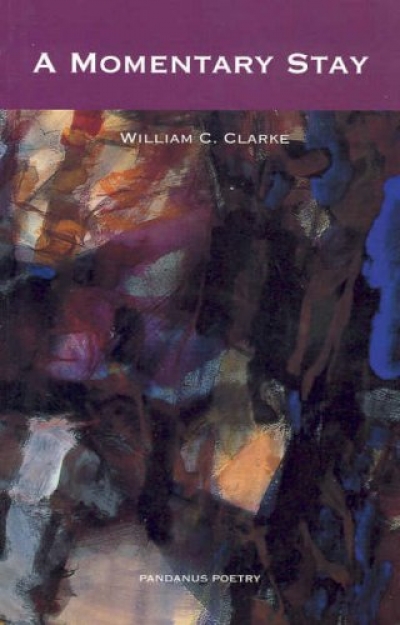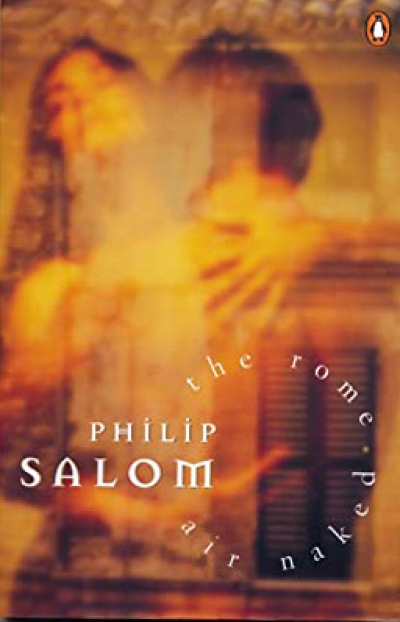Politics
The New World Disorder: How the West is destroying itself by Peter R. Neumann, translated by David Shaw
In February 2022, Russia invaded Ukraine. Remarkably, Ukraine fought an effective, close-run defensive campaign and the war turned into a quagmire for Vladimir Putin’s regime. As early as the following month, with the appalling revelations from Bucha of Russian atrocities, it was clear that this was – as they all are – a very dirty war. At the time of writing, the frontline exists in precarious stalemate and serious questions loom about the reliability of ongoing US-led material support, which is necessary for Ukraine to continue the resistance.






















